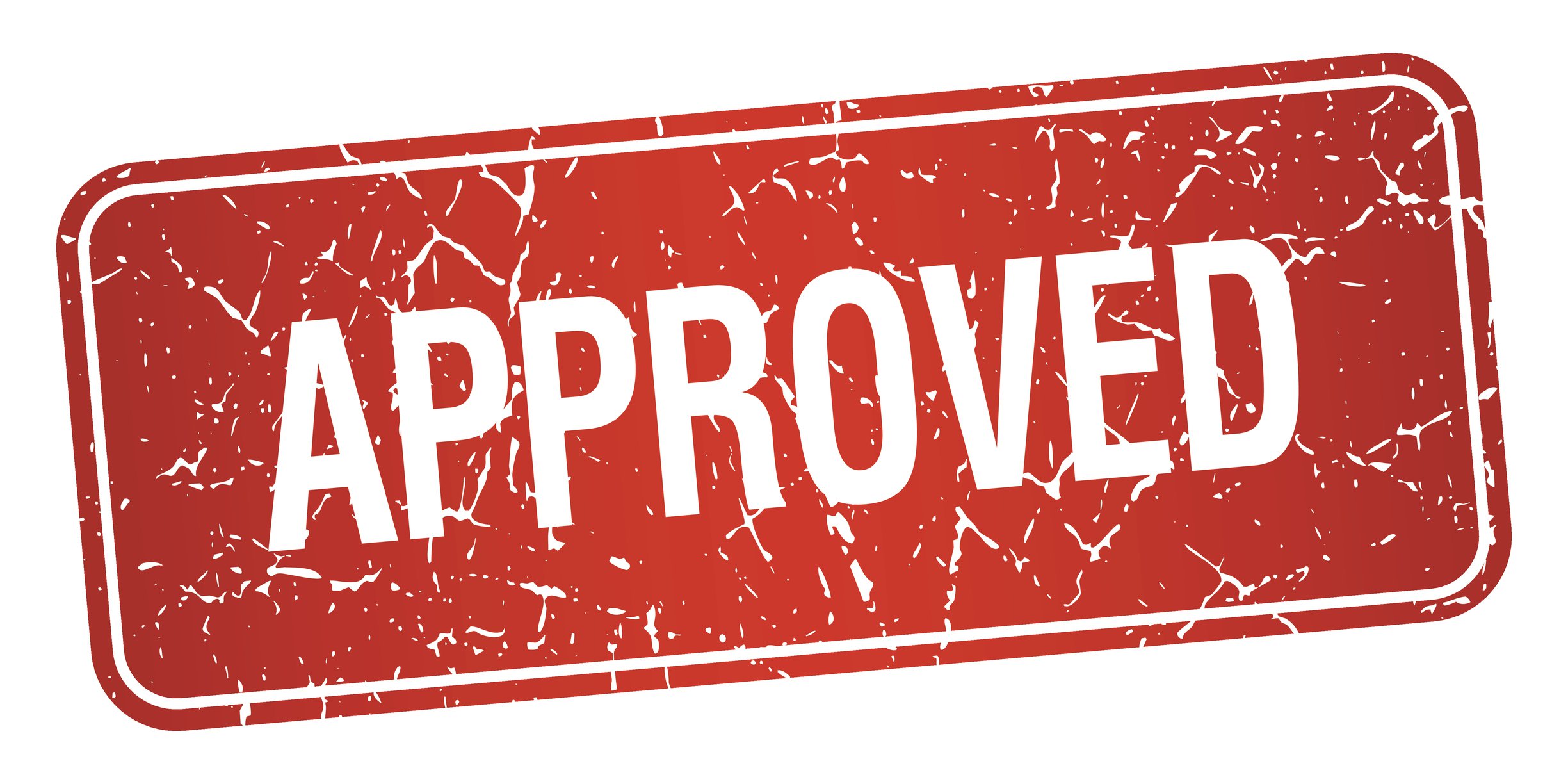
You've got the itch to buy a home. Maybe it will be your first. Maybe it's one you saw a "for sale" sign in front of and instantly fell in love with. Maybe you've been saving for this big purchase for many years. No matter the circumstance, it's a big deal -- because the homes we buy are typically the biggest purchases we'll ever make.
Here are 20 things to know about and ways to prepare before applying for a mortgage.
Invest better with The Motley Fool. Get stock recommendations, portfolio guidance, and more from The Motley Fool's premium services.